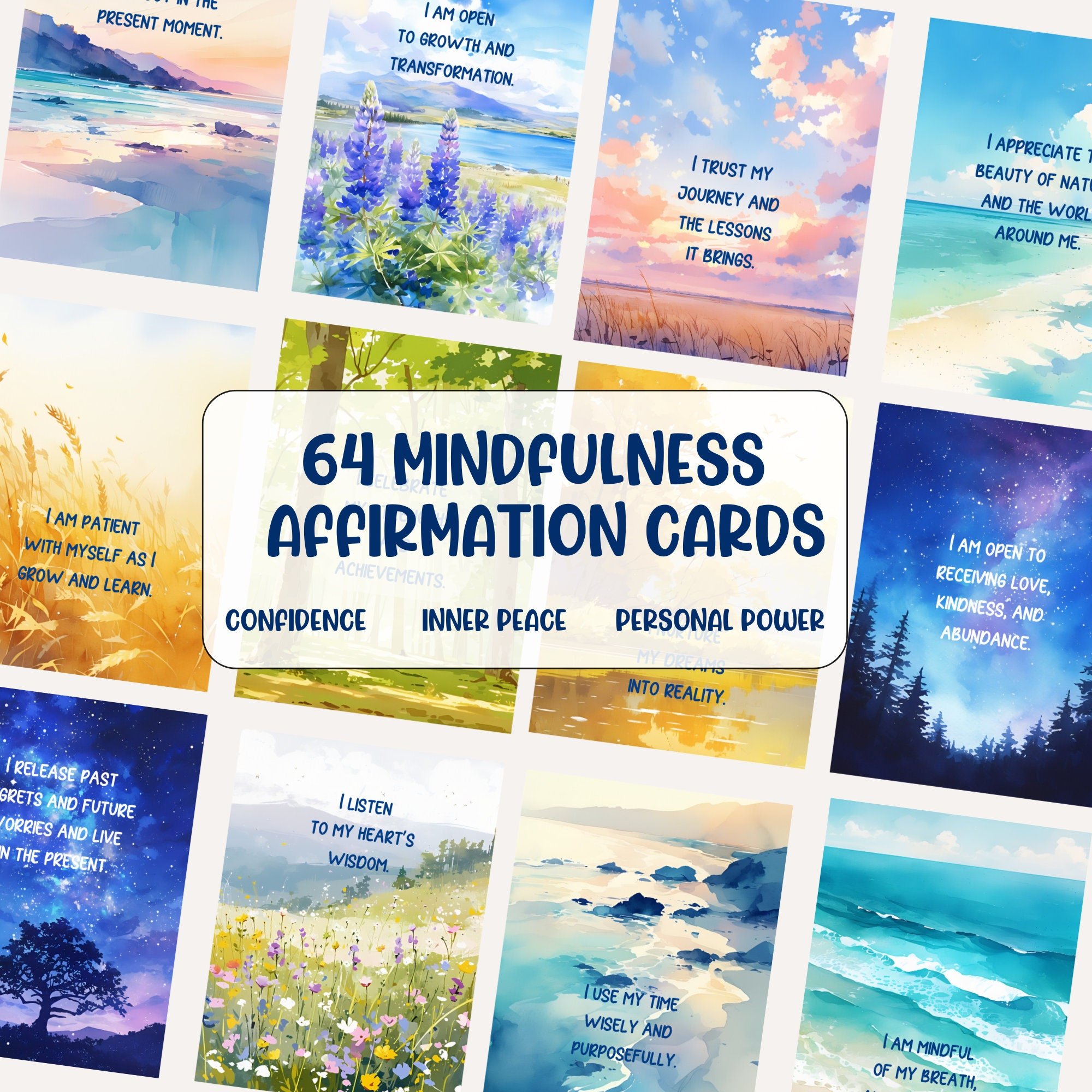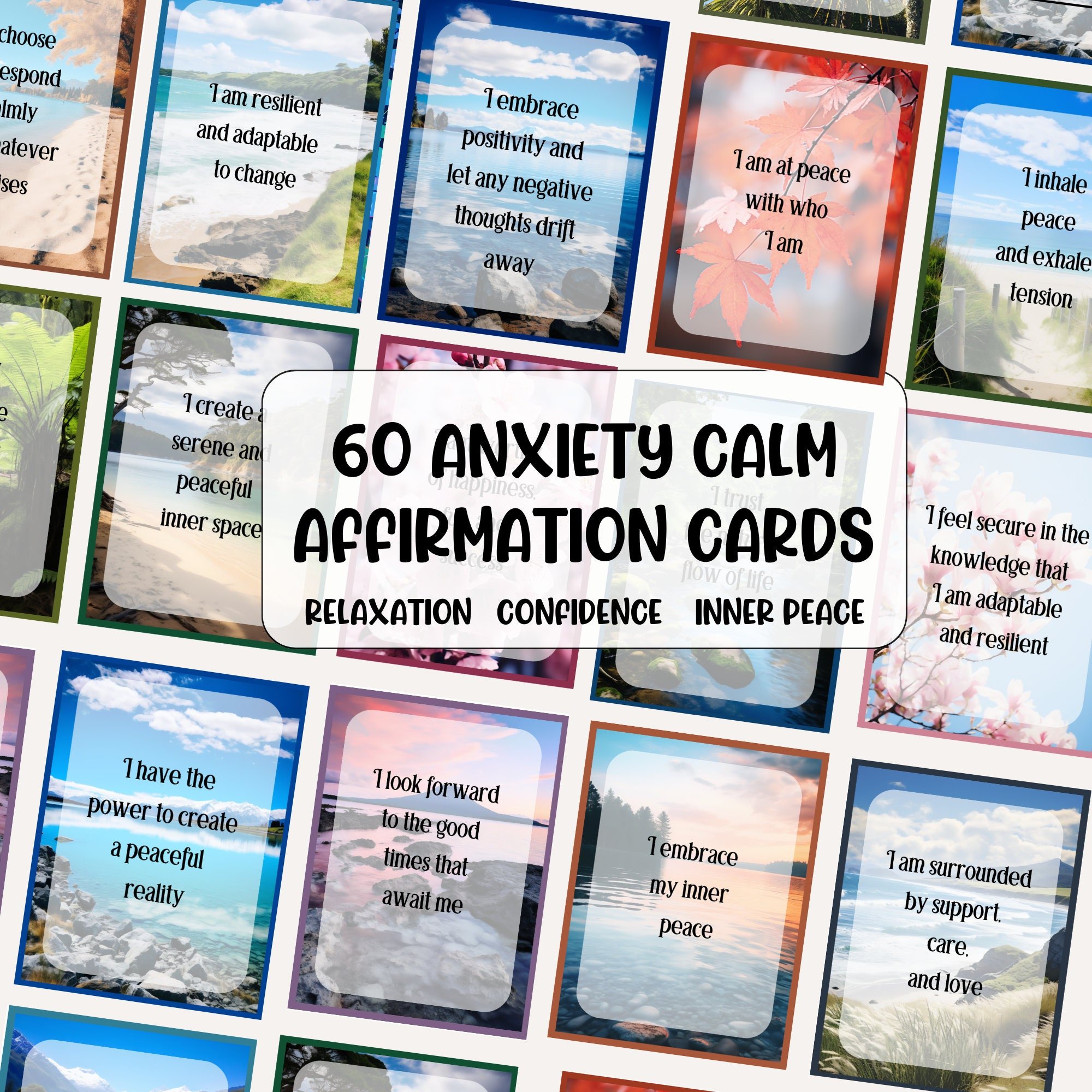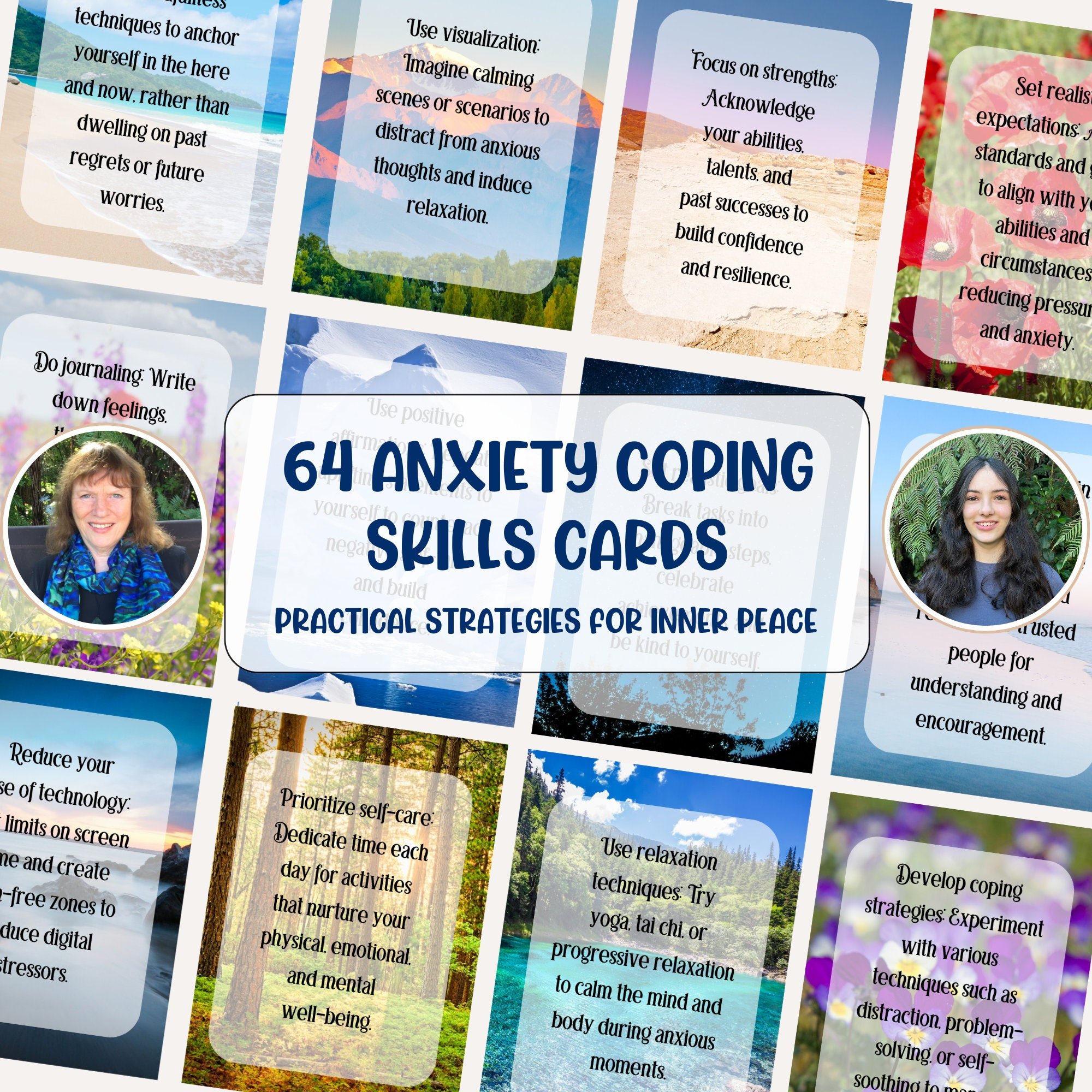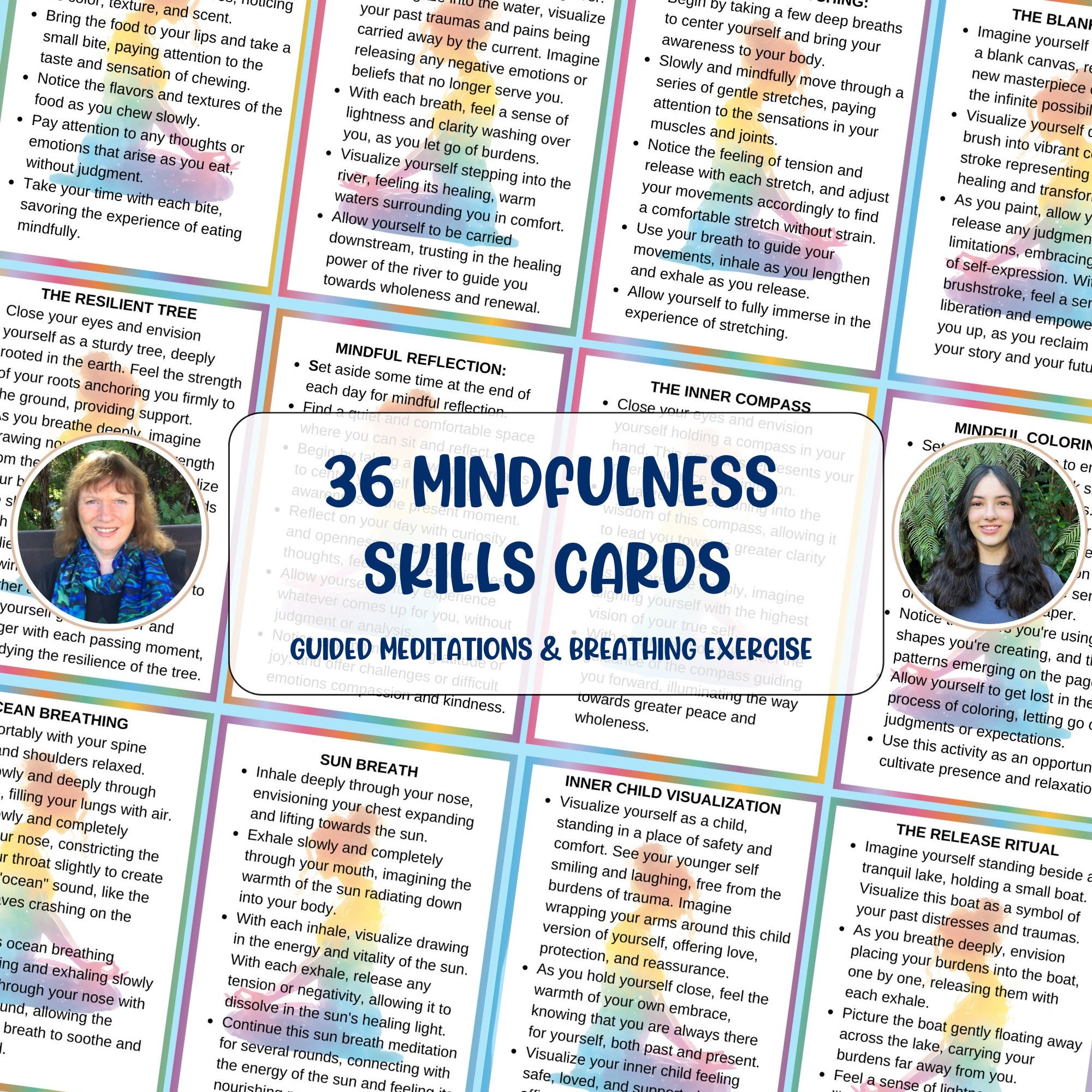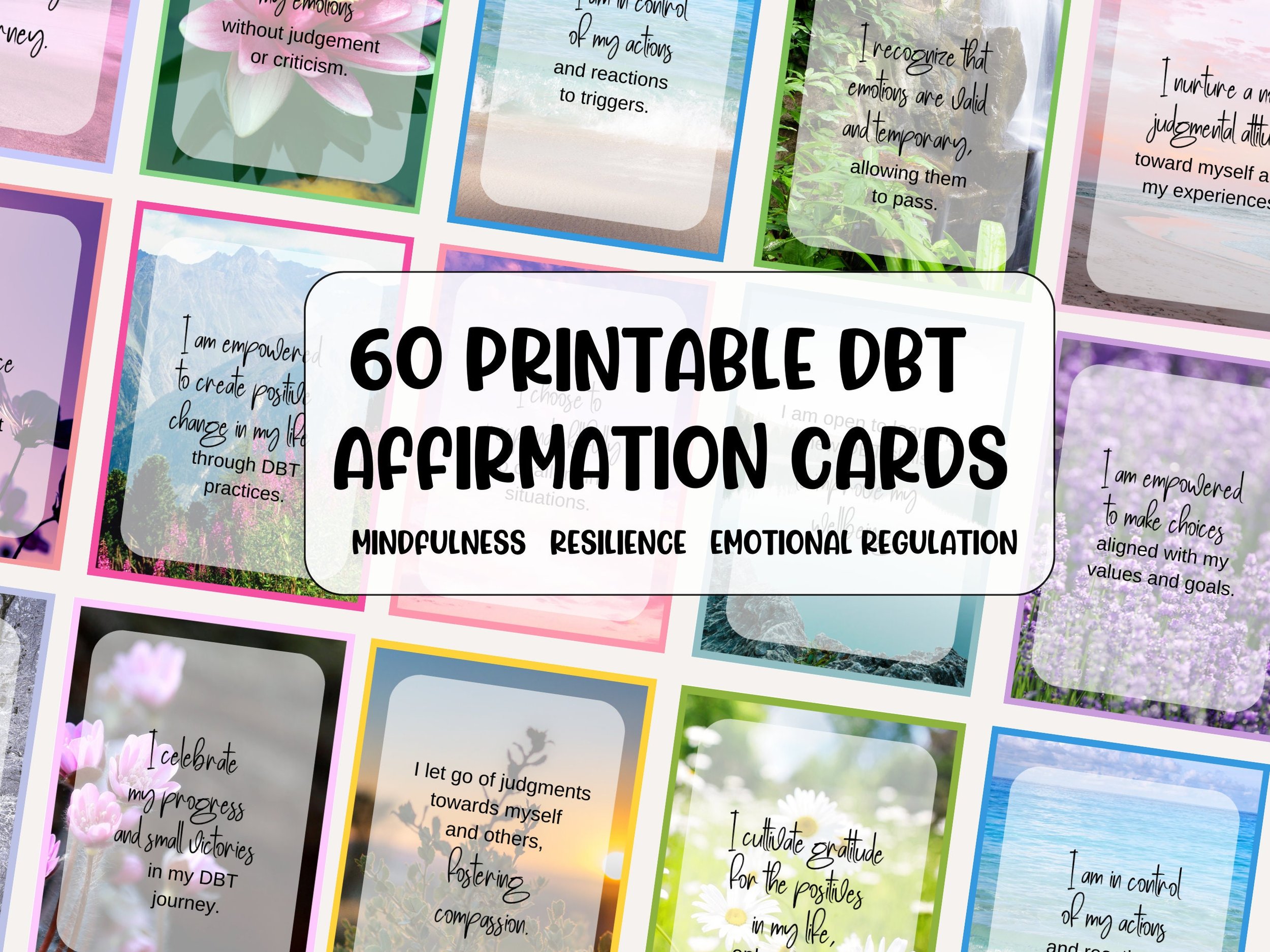Bouncing Back Stronger: 7 Everyday Habits That Build Lasting Resilience
Life has a way of throwing curveballs. From unexpected stress at work to personal challenges and emotional setbacks, we all face moments that test our strength. What makes the difference isn’t avoiding difficulty—it’s how we respond to it. That ability to adapt, recover, and grow through hardship is called resilience, and it’s a skill anyone can cultivate.
The good news? Resilience isn’t about being tough all the time or pretending everything is fine. Instead, it’s about small, intentional habits that strengthen your ability to bounce back. With the right practices—and the right tools—you can thrive even in the face of challenges.
Here are seven everyday habits to build lasting resilience, along with gentle resources designed to help you put them into practice.
1. Practice Mindful Pauses
Stress pulls us into overthinking and reactive patterns. By pausing—taking a few slow, intentional breaths—you calm your nervous system and regain perspective. Mindfulness practices such as grounding exercises, short meditations, or simply noticing your surroundings anchor you in the present.
Try This: Our Somatic Therapy Practice Cards are a simple way to guide mindful pauses throughout your day. Each card offers a grounding or nervous system regulation exercise you can use in moments of stress.
2. Reframe Challenges as Opportunities
Resilient people don’t deny hardship—they shift how they see it. Instead of asking “Why is this happening to me?” try: “What can I learn from this?” or “How can this help me grow?” Reframing doesn’t erase pain, but it gives you back agency and hope.
Try This: Use the Positive Affirmation Cards to help challenge negative thought spirals and replace them with empowering perspectives.
3. Build Supportive Connections
Resilience grows in community. Surround yourself with people who uplift and encourage you. Having safe relationships creates a buffer against stress—and asking for help when needed is a sign of strength, not weakness.
Try This: Our Soul Wisdom Oracle Cards are designed for reflection and can be a meaningful tool to share with a trusted friend, sparking connection and deeper conversations.
4. Strengthen Your Body, Strengthen Your Mind
Your physical health directly impacts emotional resilience. Regular movement, nourishing food, and good sleep all strengthen your ability to manage stress. Exercise lowers anxiety, boosts mood, and releases tension. Think of movement as fuel, not punishment.
Try This: Before or after movement, choose a practice from the Vagus Nerve Practice Cards—like breathwork, humming, or gentle stretches—to enhance your body’s ability to recover and regulate.
5. Practice Self-Compassion
When setbacks occur, it’s tempting to be harsh on yourself. But criticism drains resilience, while compassion builds it. Speak to yourself as you would to a close friend—with patience, kindness, and care.
Try This: Keep Trauma Recovery Affirmation Cards by your bedside or in your journal. Use one each morning as a reminder to meet yourself with gentleness instead of judgment.
6. Set Small, Achievable Goals
When life feels overwhelming, resilience grows through small steps. Break big challenges into manageable tasks and celebrate each win. Progress—even tiny progress—builds momentum and confidence.
Try This: The Declutter Strategy Cards or Goal Setting Planner help break goals into manageable actions, showing you progress step by step.
7. Focus on Meaning and Purpose
Hard times often cause us to question what matters. Resilient people anchor themselves in deeper meaning—whether it’s family, spirituality, creativity, or service. Reflecting on your values and purpose helps you weather storms with clarity and strength.
Try This: Use the Happiness Workbook Journal or Soul Cats Healing Cards to explore your inner world, reconnect with what lights you up, and find strength in your sense of purpose.
Final Thoughts
Resilience isn’t about being unshakable or immune to pain. It’s about cultivating habits that help you bend without breaking, and grow through challenges rather than being defined by them. By practicing mindfulness, reframing your perspective, nurturing your body, and leaning into supportive tools and relationships, you build the resilience you need to bounce back stronger every time.
If you’re ready to start, pick one of these seven habits and practice it today. And if you’d like gentle guidance along the way, explore resources like the Vagus Nerve Practice Cards, Somatic Therapy Practice Cards, and workbooks designed to support your healing journey. Over time, these small, consistent steps create powerful change—helping you meet life’s challenges with courage, balance, and hope.



